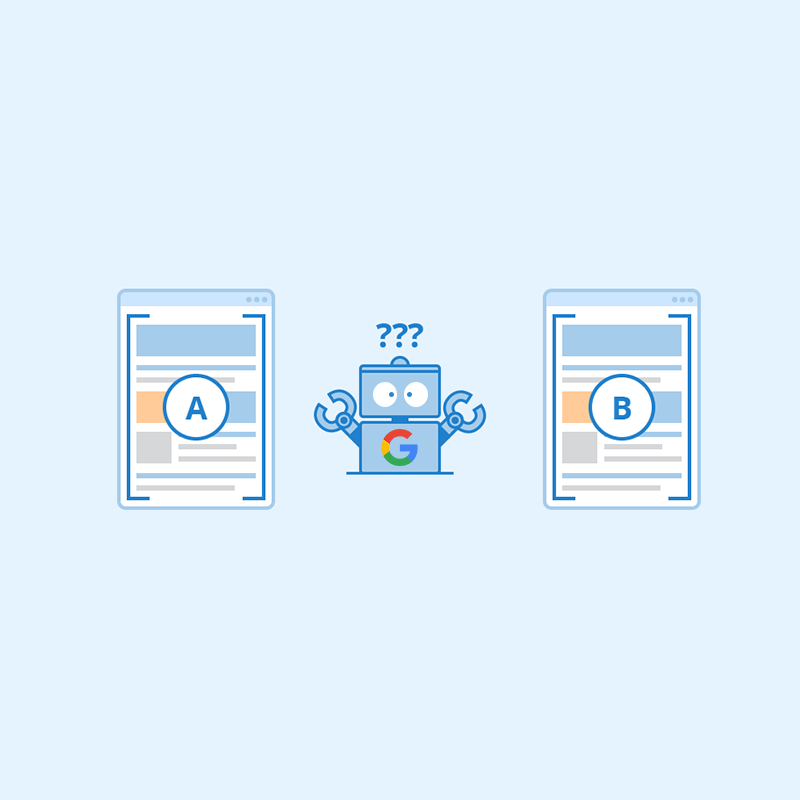
The internet is big, and the web keeps growing with it. The thing is, not everything the web has is genuine.
According to Google Product Expert Kenichi Suzuki at the Google Search Central Live in Singapore, the tech titan has revealed that some "60% of the internet is duplicate."
Although Suzuki didn't provide additional details about the criteria Google uses to determine “duplicate” content, what's certain is that, most of the web's content isn't unique.
For those who think the internet is an endless realm of unique information, Google’s statement should be a total disappointment.
And for sure, the revelation should be kind of unsettling to many web developers and content creators.
This is because these people compete to rank high on Google Search, YouTube and others, whereas Google's algorithms have to determine which one should come up on top.
Another way of saying it, Google has so much choices to choose from.
What this means, Google has tons of duplicate content to rank
About 60% of the Internet is duplicate. @methode
#SearchCentralLive pic.twitter.com/jcuu1qrSKQ— Kenichi Suzuki鈴木謙一 (@suzukik) November 24, 2022
And not only that, because Google also deals with tons of new queries every single day.
For these reasons, web developers and content creators have to produce something way more unique and useful than most they have been doing, just to compete with those duplicates.
This happens because, even though something is unique, it may not give sufficient information that makes it useful.
For example, a content that provides information about a topic, may not include some of the most necessary data to back up its conclusion. On the other hand, some other content creators may have included tons of other information, and delivering it in a way that values user experience.
Google has to choose between those two, and sometimes, its choice prefers one over the other.
For web developers and marketers, Google has given them suggestion to how to avoid creating duplicate content.
For example, the company said that when they have a single page that's accessible by multiple URLs, or different pages with similar content (for example, a page with both a mobile and a desktop version), "Google sees these as duplicate versions of the same page," adding that "Google will choose one URL as the canonical version and crawl that, and all other URLs will be considered duplicate URLs and crawled less often."
If they don't provide a canonical URL, the search engine will make that decision by itself.
In this case, Google tends to prefer the one that is the most complete and useful, and marks it as canonical.
However, this may not be the one the content creator wishes, and may lead to unwanted behavior.
This is why Google urged web owners to "explicitly tell Google" which URL is canonical.
As for 5, Google compares checksum generated from the main content. If two pairs of checksums are the same, they're duplicates.
— Kenichi Suzuki鈴木謙一 (@suzukik) November 27, 2022